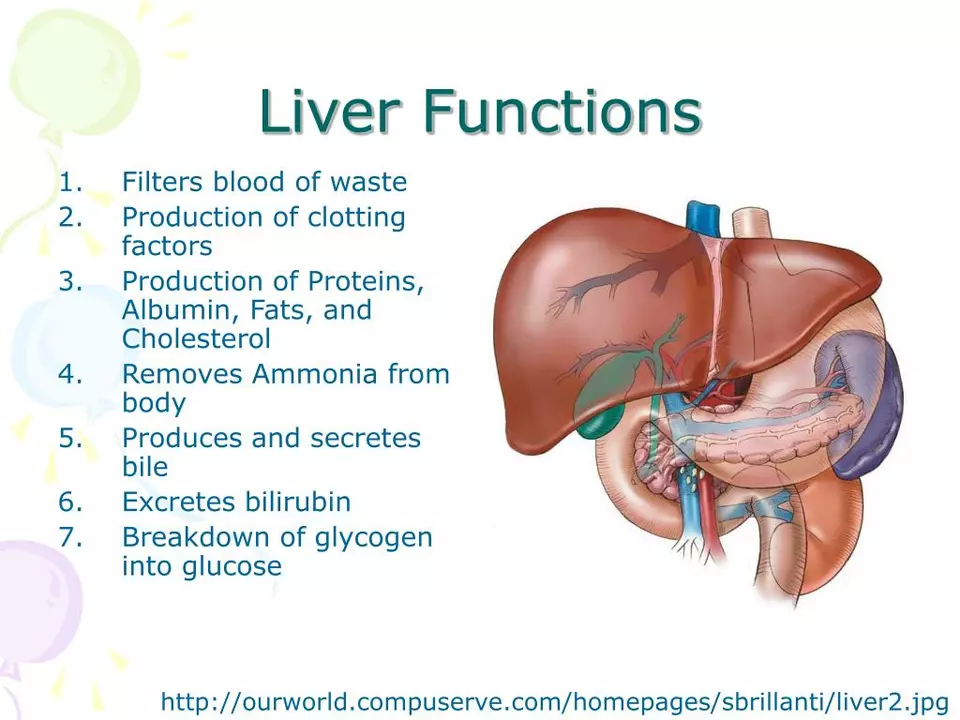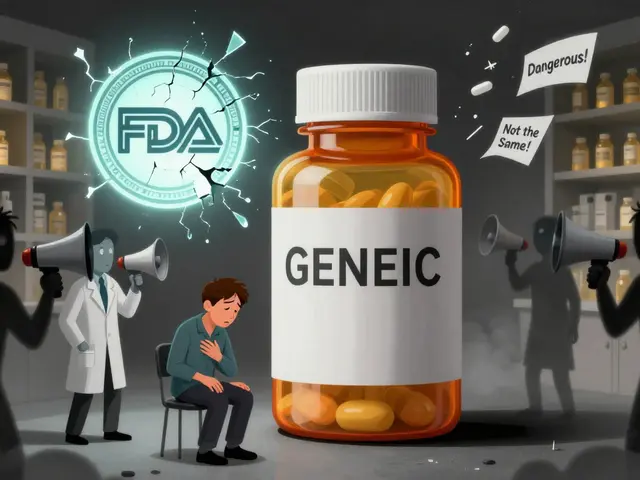Managing Risks: Simple, Practical Steps to Safer Medication Use
One wrong choice around a medicine can cost you time, money, or worse—your health. This page groups clear, useful advice on managing risks with prescriptions, over-the-counter drugs, and supplements. Read a few short tips now and use them next time you buy or take medicine.
Spot risky pharmacies and scams fast
Buying meds online is convenient, but the wrong site can sell fake or unsafe drugs. Start by checking for a real pharmacy license, a working phone number, and clear contact info. If a site offers prescription drugs without asking for a prescription, that’s a big red flag. Look for reviews from verified buyers and watch for prices that are suspiciously low—if it sounds too good to be true, it often is.
When you order, save receipts and tracking info. Use a credit card or a secure payment method that offers fraud protection. If your package looks tampered with or the pills look different from what you expect, stop taking them and contact your doctor right away.
Lower everyday medication risks
Drug interactions and side effects cause a lot of preventable problems. Keep one up-to-date list of every medicine, supplement, and herb you take. Share that list with every provider and pharmacist. Before adding a new drug, ask: "Will this interact with my current meds?"
If you have conditions like heart disease, diabetes, or pregnancy, risk changes. For example, some antibiotics, blood pressure meds, and diabetes drugs need dose changes or different choices. If you’re pregnant or planning to be, talk to your provider about safer alternatives—you’ll find posts here about lupus and pregnancy, and which drugs are safer.
Managing side effects is part of managing risk. Know common side effects for key meds you use—dizziness, rash, or stomach upset—and what to do if they happen. For serious reactions like breathing trouble, swelling, or severe rash, seek emergency care.
When a drug isn’t working or causes problems, alternatives exist. This site covers practical swaps—like alternatives to migraine or heart meds, or options when someone’s allergic to a common antibiotic. Don’t swap on your own: use these guides to talk to your doctor about safer substitutes.
Storage and adherence matter too. Keep medicines in original containers, store by label instructions, and dispose of expired meds safely. Missing doses or doubling up to catch up can both cause trouble—set alarms or use a pill box to stay on track.
Finally, ask questions and trust your gut. If a pharmacy, drug, or advice feels off, get a second opinion from a licensed pharmacist or your clinician. Managing risks is mostly about simple habits: verify, inform, and ask. Do those three and you’ll cut your chances of a preventable problem.
Teriflunomide and Liver Function: Monitoring and Managing Risks
In today's blog post, we'll be discussing Teriflunomide and its effects on liver function. Teriflunomide is a drug used to treat multiple sclerosis, but it comes with some potential risks to our liver. It's essential to closely monitor liver function while taking this medication to manage and mitigate any possible side effects. We'll delve into the importance of regular liver function tests and explore some tips on maintaining a healthy liver while using Teriflunomide. Stay tuned for practical advice on ensuring your liver stays in top shape while benefiting from this treatment.






